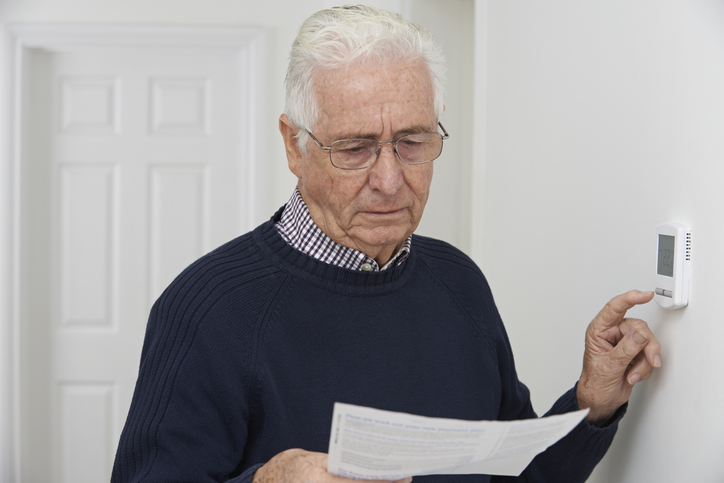Call or Text
801-438-4793Back to Blog
Water Heater Energy Savings Tips
November 3, 2014
Home energy savings involve looking at a number of contributors to energy consumption. From lighting and kitchen appliances to water heaters, there are a range of contributors to home energy use. Understanding how each of these affects home energy consumption is important to working to make your home more energy efficient. Water heaters can be a large contributor to energy use at home, especially during the colder months. Taking steps to make this appliance more efficient will help save energy and keep your utility bills lower. Fortunately, there are a few simple things you can do to save energy and make your water heater more efficient.
- Wash laundry with cold water. This will help save you money each time you do laundry. Detergent will work just as well with cold water and you can save the hot water for other uses. If you’re doing a lot of laundry, this can be a good way to save. If you do use hot water, make sure it is with a full load of laundry.
- Insulate pipes connected to the water heater. Adding insulation to the first five or six feet of hot and cold water pipes connected to the water heater will help improve the transmission of hot water from the heater through the pipes. You can also insulate the water heater itself with an insulation wrap to help it heat more efficiently.
- Set the water heater temperature to 120 degrees. This is a good temperature for washing and bathing, but not so high that your heating bills will inflate too much. It’s a good idea to check the temperature of your water heater and lower it if necessary.
- Inspect faucets, pipes, and fixtures for leaks. Leaks in the plumbing can seriously drain energy and inflate your utility bills. Wasted water, especially heated water, should be avoided, so check fixtures and pipes for leaks.
- Turn off the water heater when you are away. If you leave town for an extended period, turn the water heater off. When you return, it should only take about an hour for the water heater to heat the water back to the set temperature.
- Install low flow faucets and shower-heads. Keeping water use low can be a huge benefit in saving on utility costs and energy use. These fixtures are easy to install and still provide good water pressure.
- Select the right water heater for your needs. Water heaters come in different sizes and styles. Some tanks hold much more water than others, and there are tankless water heaters that heat water on demand. Decide which variety meets your home hot water needs the best and look for an Energy Star label for a gauge of efficiency.
Recent News
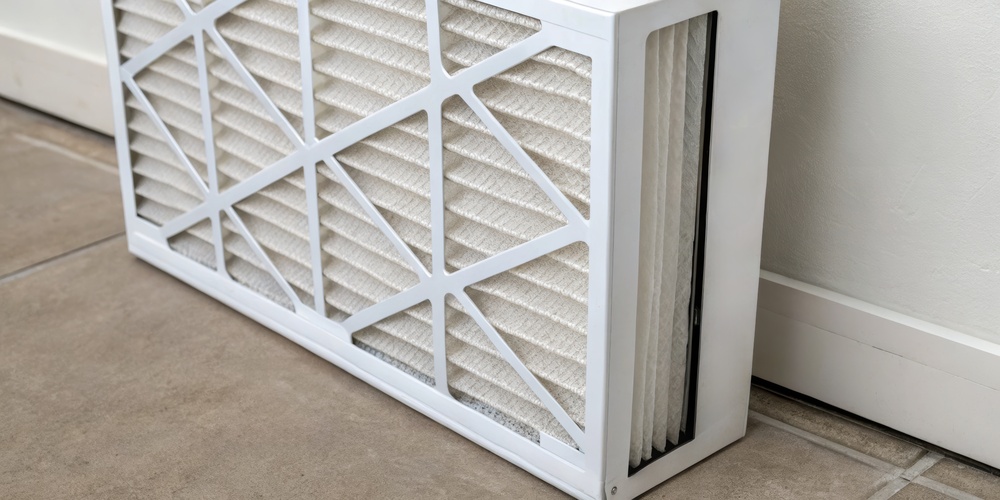
Never Underestimate the Value of Your Furnace and AC Filter
June 25, 2025
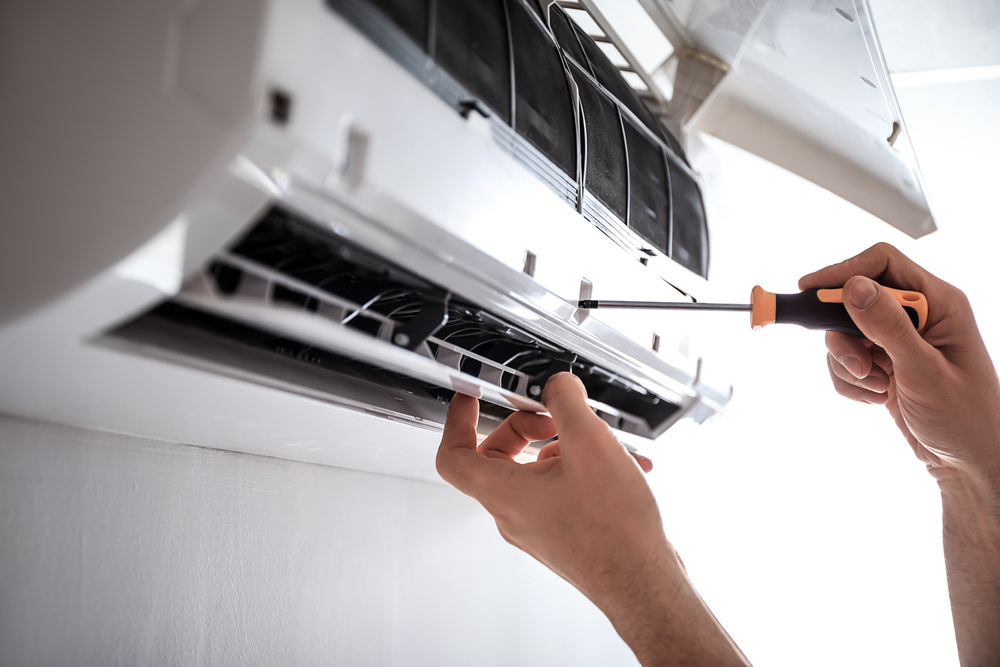
Does the Need for a Recharge Indicate I Need AC Replacement
June 24, 2025

Do You Need a Water Softener? How to Tell & How You Benefit
May 29, 2025
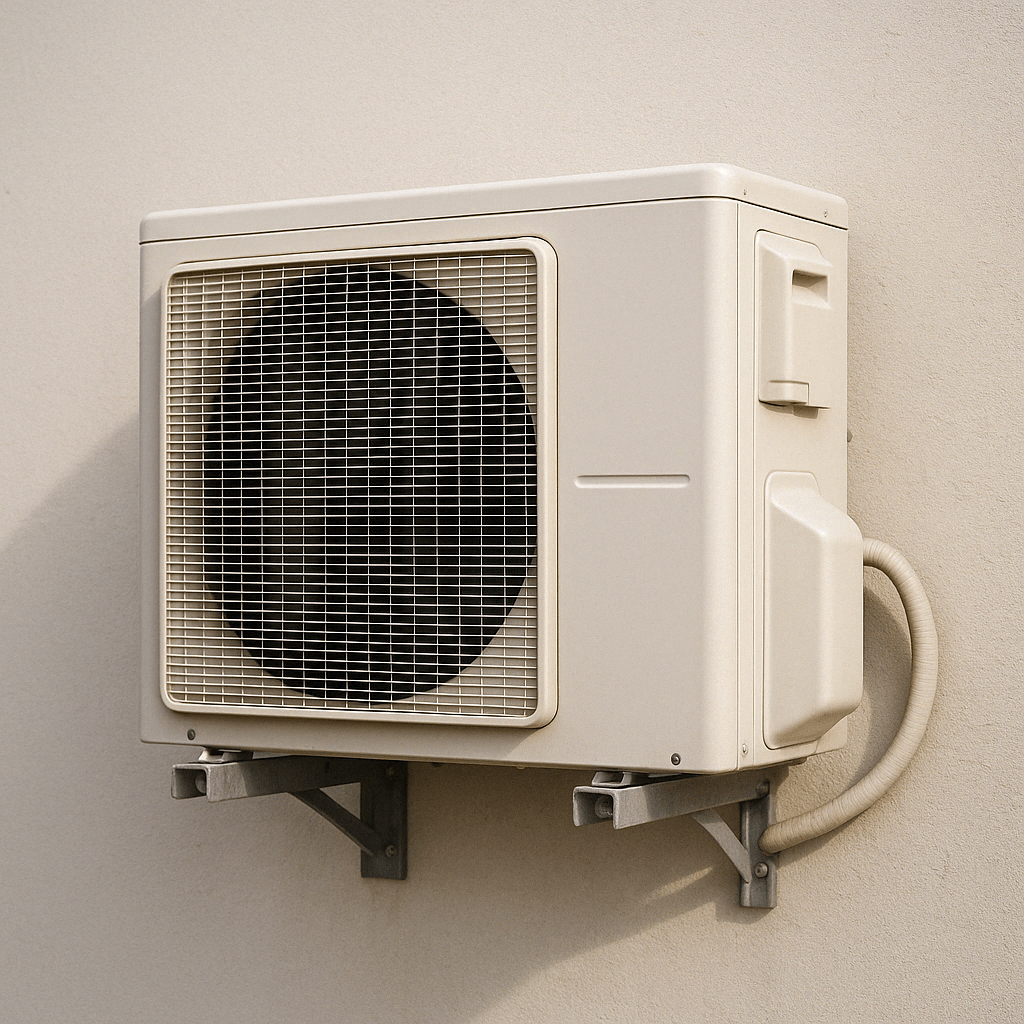
Get Your Air Conditioner Ready for the Summer with Superior Water & Air
April 21, 2025
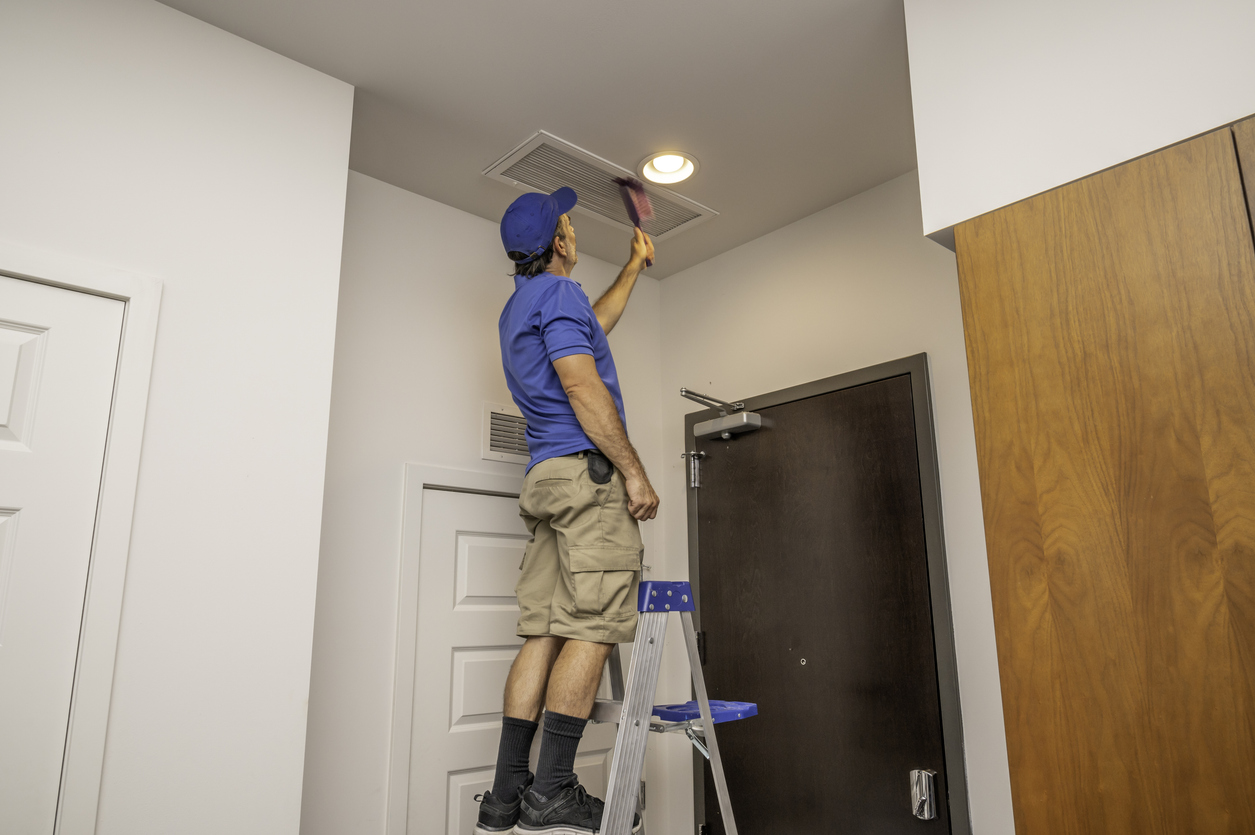
Why You Need the Air Ducts Cleaned in Your Home: Benefits & More
April 3, 2025
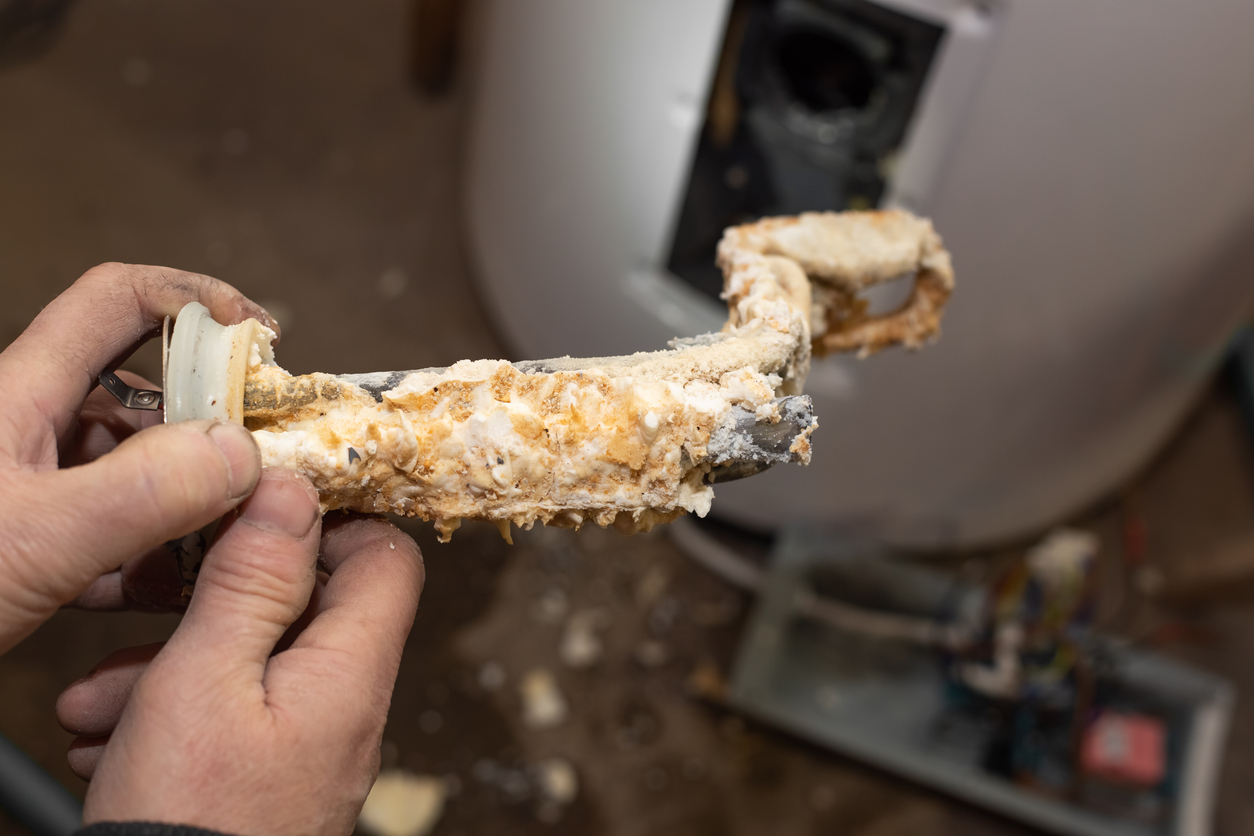
How to Determine Water Hardness & Treat Effectively
February 25, 2025
